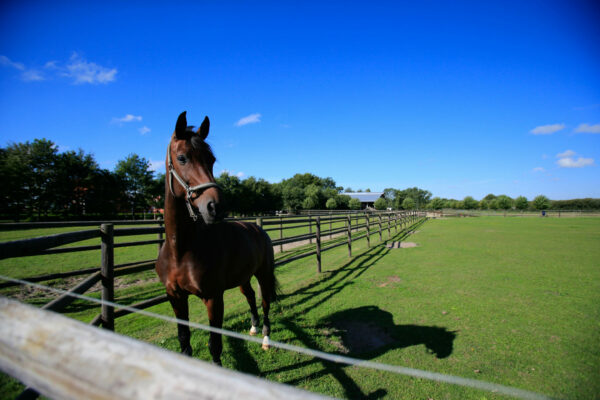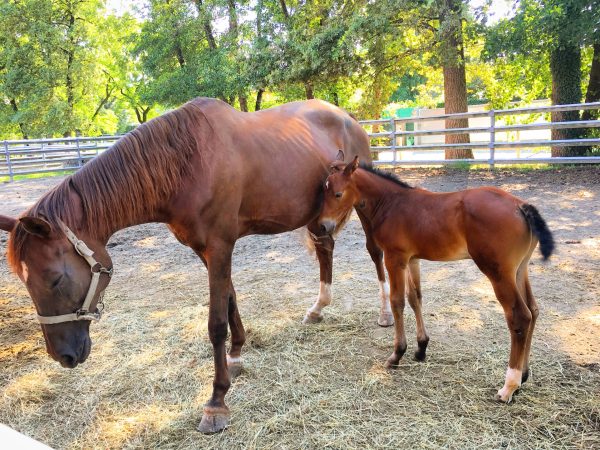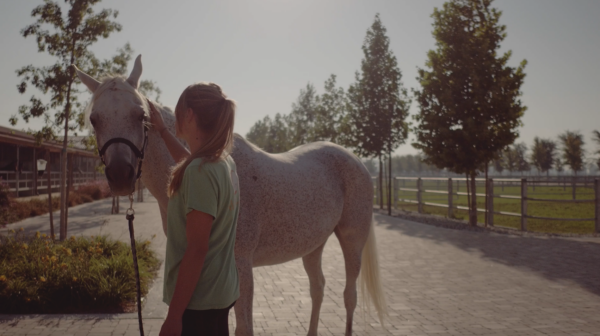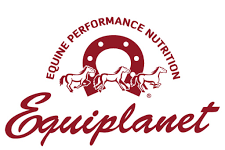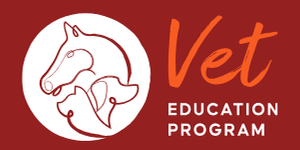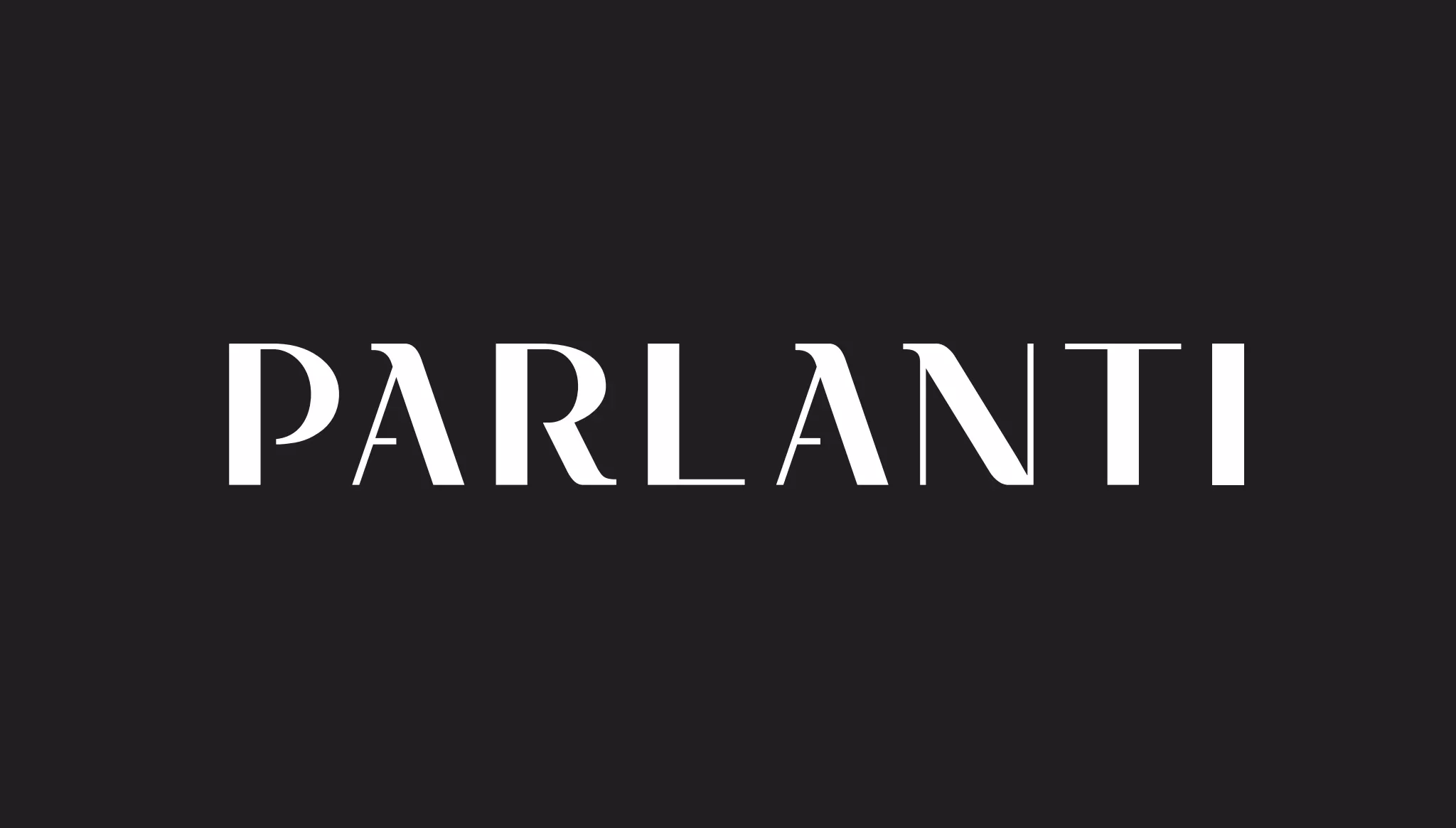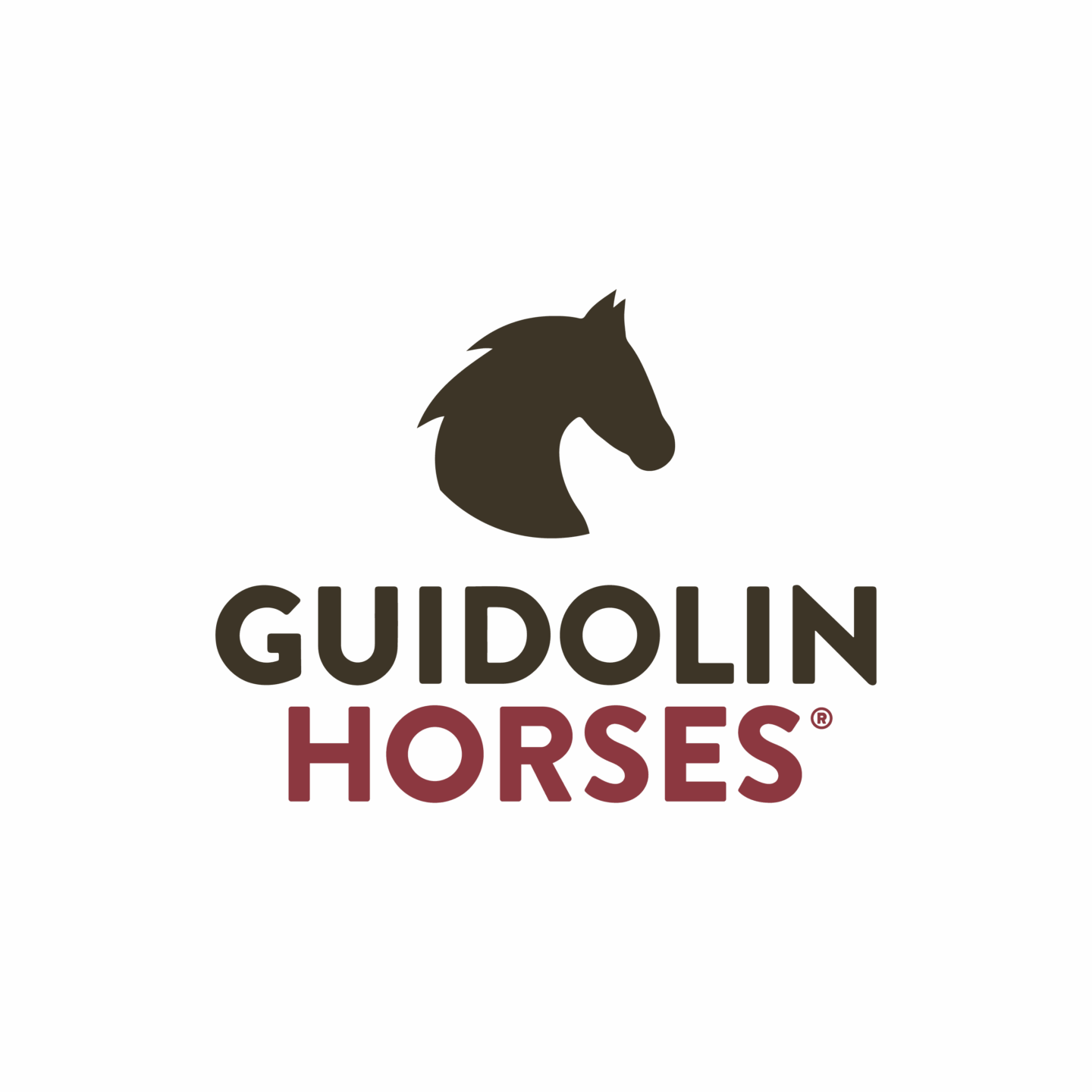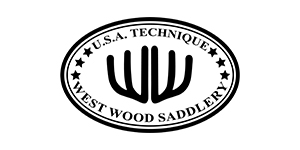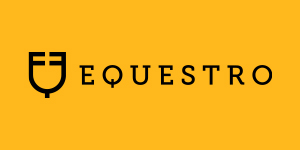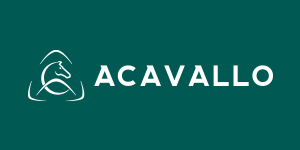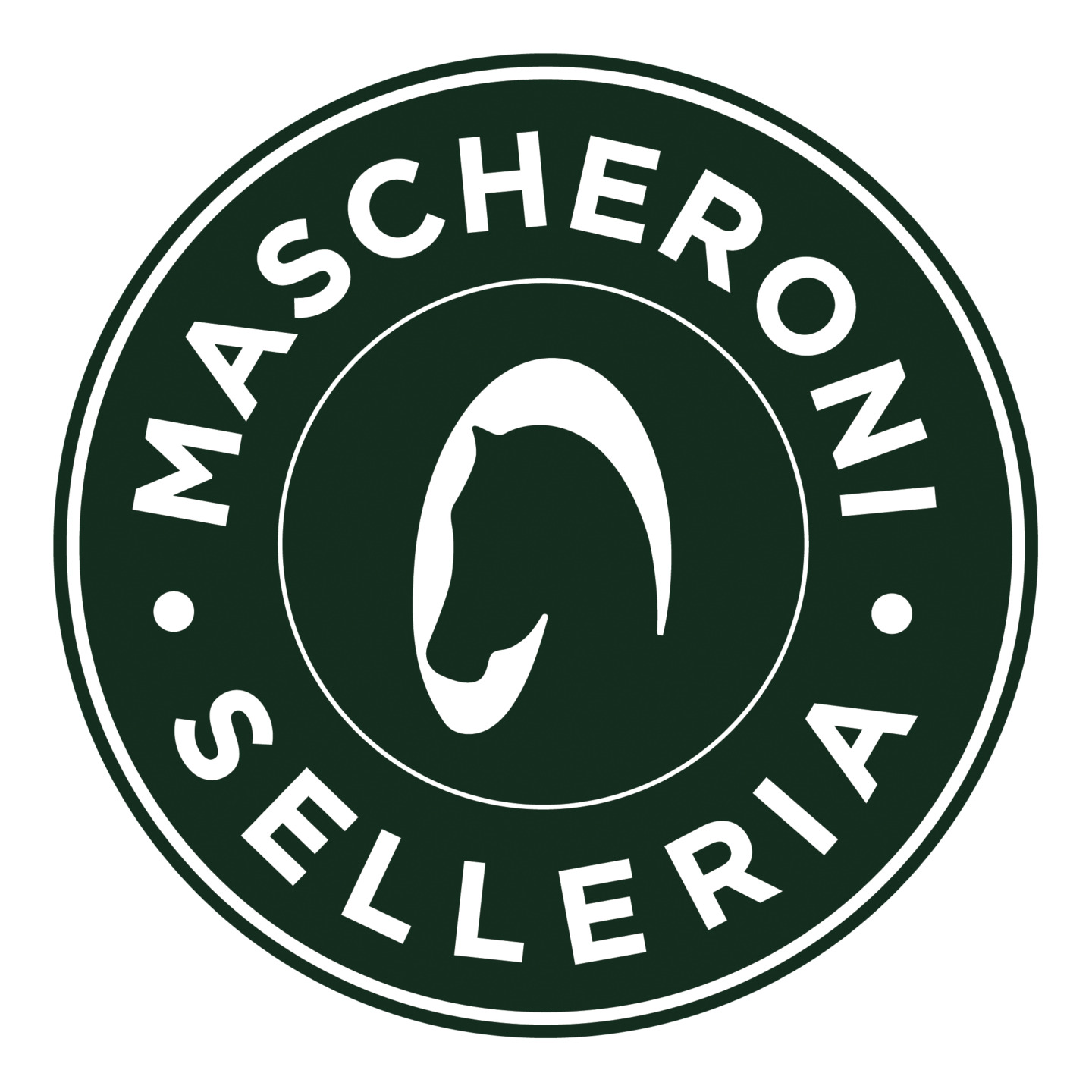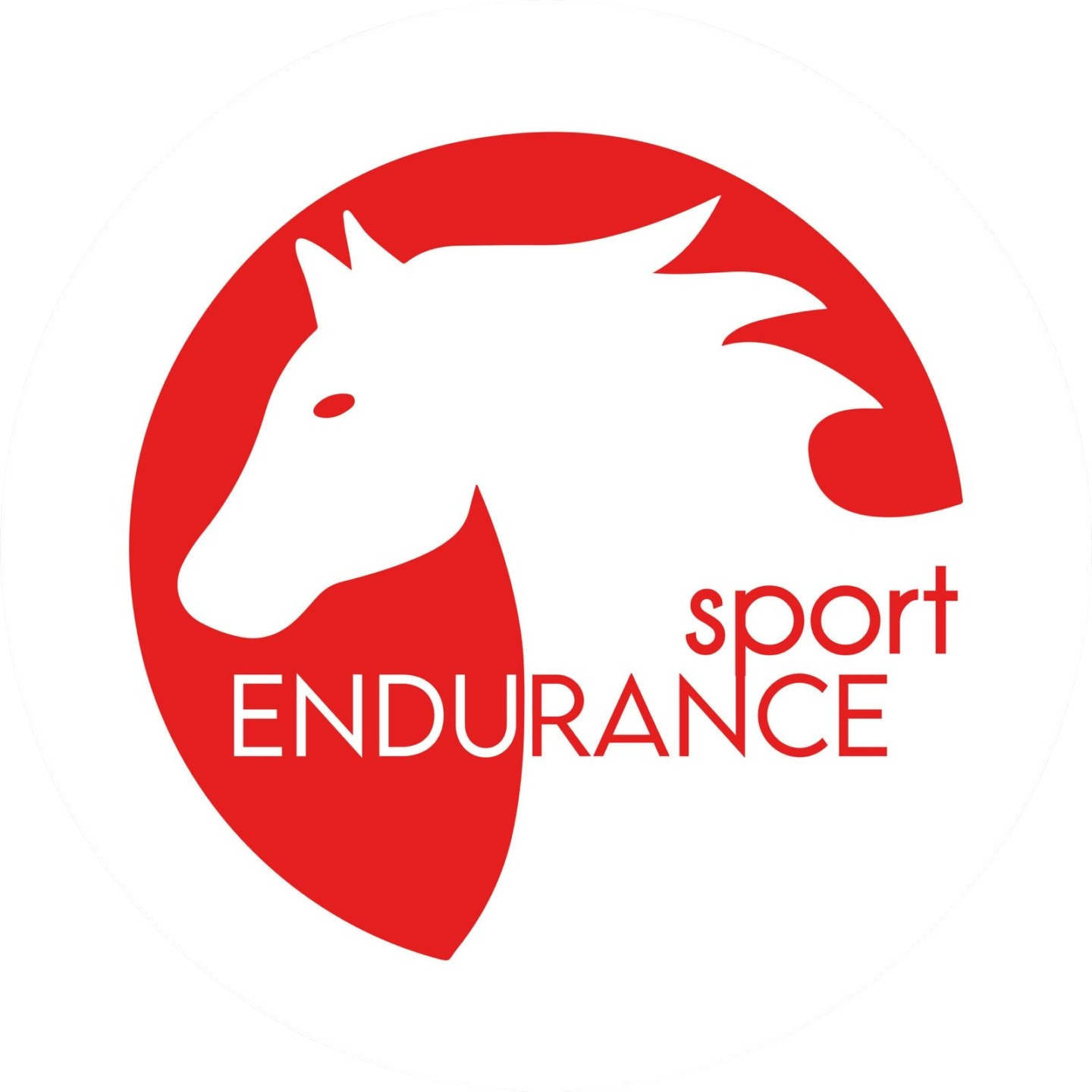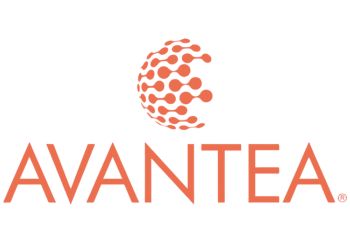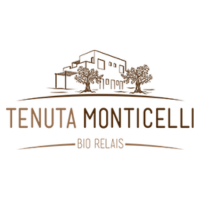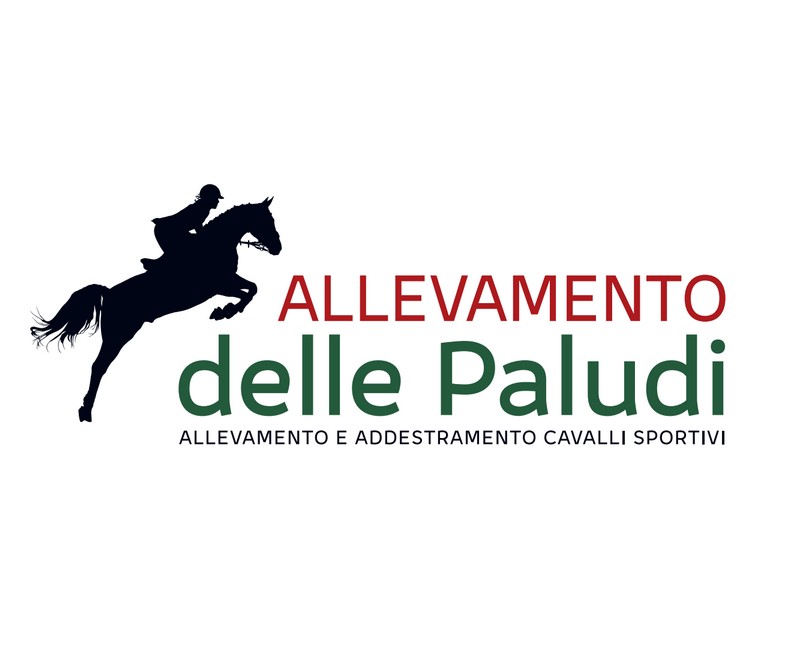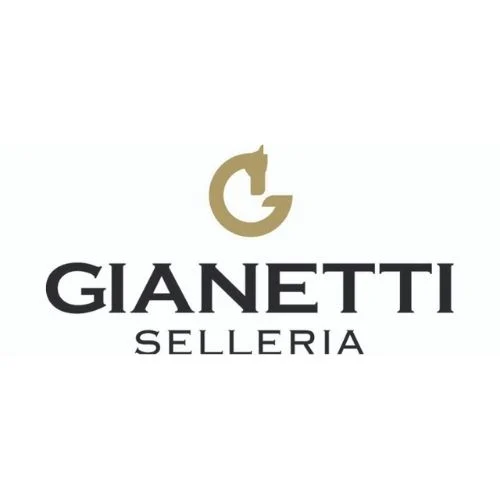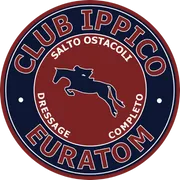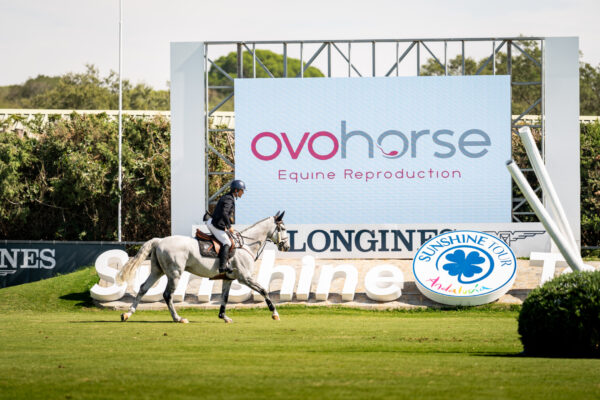
The Collaboration Between Keros and Avantea: Insights from Veterinarian Denis Necchi
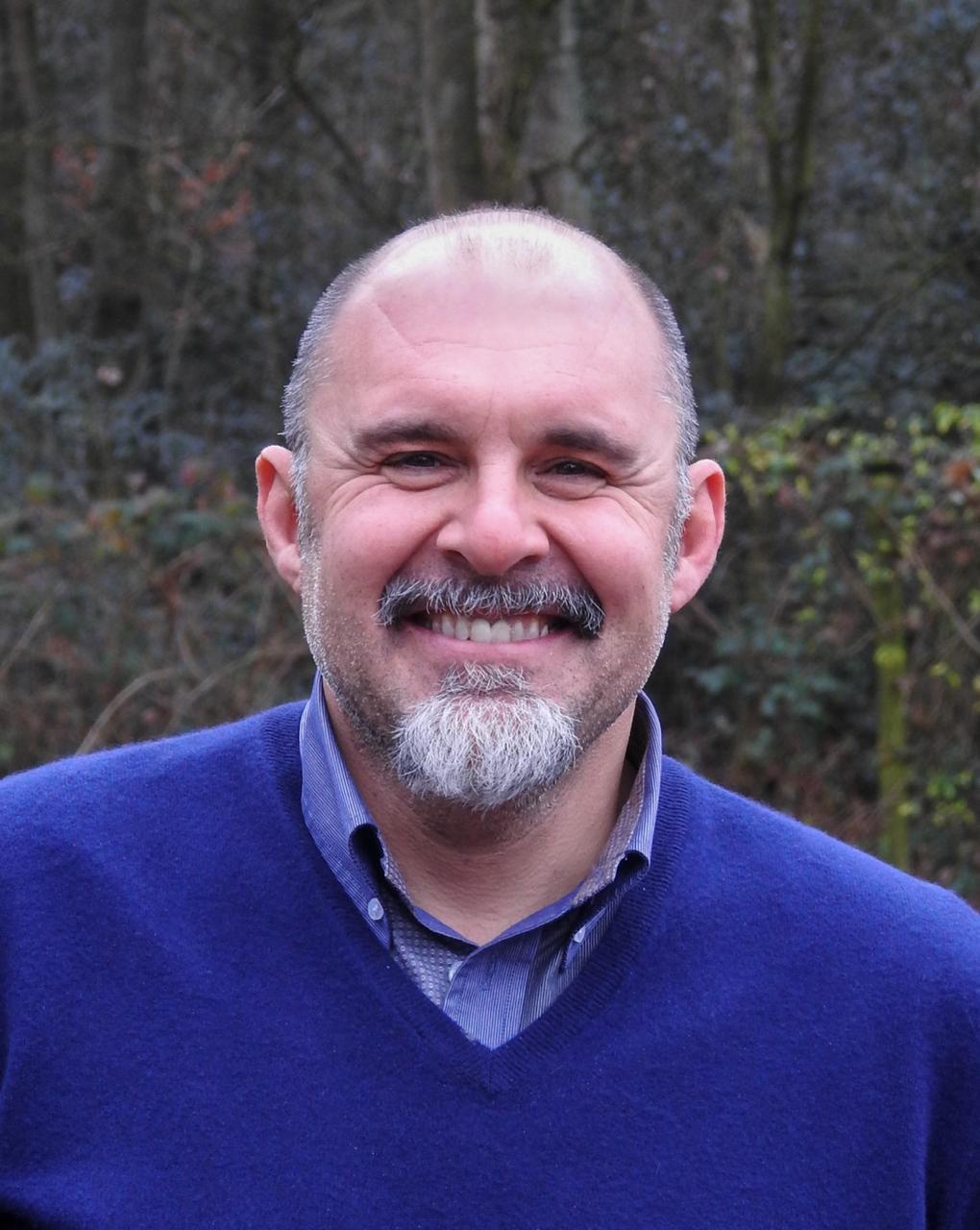
In sport-horse breeding, genetics is a strategic asset. For this reason, assisted reproduction techniques in equines have revolutionised what is possible—and in what timeframe—in the modern era. Among these, the OPU-ICSI procedure has established itself as one of the most innovative solutions for anyone wishing to obtain foals from mares still competing or from elite bloodlines that are difficult to access.
To explore the true potential of this approach, we spoke with veterinarian Denis Necchi, a specialist in equine reproduction at Keros, the most active Embryo Transfer centre in Europe and a long-standing collaborator of Avantea.
Dr Necchi’s professional journey runs through some of the most significant milestones of contemporary equine reproduction. After graduating in Veterinary Medicine from the University of Milan and spending his first years in Cremona working with both bovines and horses, he chose to dedicate himself entirely to equine reproduction. He earned his diploma from the European College of Animal Reproduction, then moved to Utrecht University, where he spent three years deepening his expertise in the techniques and protocols that today support modern reproductive biotechnologies in equines. His path led him to Belgium, at the heart of one of the world’s leading sport-horse breeding hubs. Here he took up his current role at Keros, a facility that manages around 1,700 recipient mares and carries out between 1,000 and 1,300 embryo transfers each year, in close partnership with Avantea, Italy’s leading ICSI-based embryo production laboratory.
“Keros is quite a unique place,” Necchi explains. “It has grown over time without losing the family-run approach that defines it. We have large spaces, extensive paddocks, and an organisational structure that allows us to manage significant numbers with great attention to detail. Within this system, the cooperation with Avantea has become a cornerstone of our work.”
The workflow is straightforward: Keros handles the oocyte collection—the OPU phase—while Avantea manages fertilisation and embryo development in the laboratory, the ICSI phase (Intracytoplasmic Sperm Injection). A link that is simple to describe yet highly complex to build and maintain from a technical and logistical standpoint.
The transport of oocytes is a crucial part of the process. In recent years, it has been refined thanks to a specialised courier service that collects the material across Europe and delivers it to Avantea within about 24 hours. This step, seemingly secondary, is essential to preserving oocyte quality and therefore the integrity of the entire reproduction programme. “It’s a supply chain that works because it was built on continuous dialogue between those who collect, those who transport, and those who work in the laboratory,” Necchi notes.
But what does this mean in practical terms for breeders or owners? Dr Necchi explains: “The OPU-ICSI technique makes it possible to obtain embryos from actively competing mares, without interrupting their sporting careers. Many riders and breeders consider this a strategic advantage, especially when dealing with mares achieving top results and whose genetics are in high demand. It is also an effective solution for mares with reproductive challenges—those unable to carry a pregnancy or who do not respond well to traditional techniques.”
Another valuable application involves high-value stallions, particularly when semen availability is limited or comes from rare and precious genetic lines. Dr Necchi confirms: “The ability to use a single sperm cell per fertilisation allows us to maximise rare or valuable doses, enabling genetic combinations that would otherwise be impossible.”
According to Necchi, the success of this technique comes not only from technological progress but also from the expertise of the professionals and centres involved, and their ability to work in a highly coordinated system. “Experience is what makes the difference. Oocyte retrieval requires skill and consistency; the laboratory demands specialised knowledge and precision; and the recipient mares must be managed impeccably.”
In Belgium—one of the industry’s most dynamic markets—the development of these techniques is reshaping how breeding programmes are designed, especially in yards focused on producing top-level show jumpers. The partnership between Keros and Avantea fits perfectly within this context, offering breeders a complete and reliable solution built on years of collaboration.
Listening to Denis Necchi, one gets the impression not only of a mature technology, but of an entire system designed to harness its full potential. For owners and breeders, this translates into a concrete opportunity to preserve, enhance, and pass on elite bloodlines without pausing a mare’s competitive career and without limiting access to the genetic potential of the best stallions.
In a world where breeding timelines are measured in seasons and generations, OPU-ICSI represents a safe shortcut for bringing new talent into the sport while preserving the quality that defines the world’s best sport horses. And Dr Necchi’s insights confirm that when science and professionalism work hand in hand, the future of equine breeding can truly grow on solid foundations.
© Rights Reserved.


